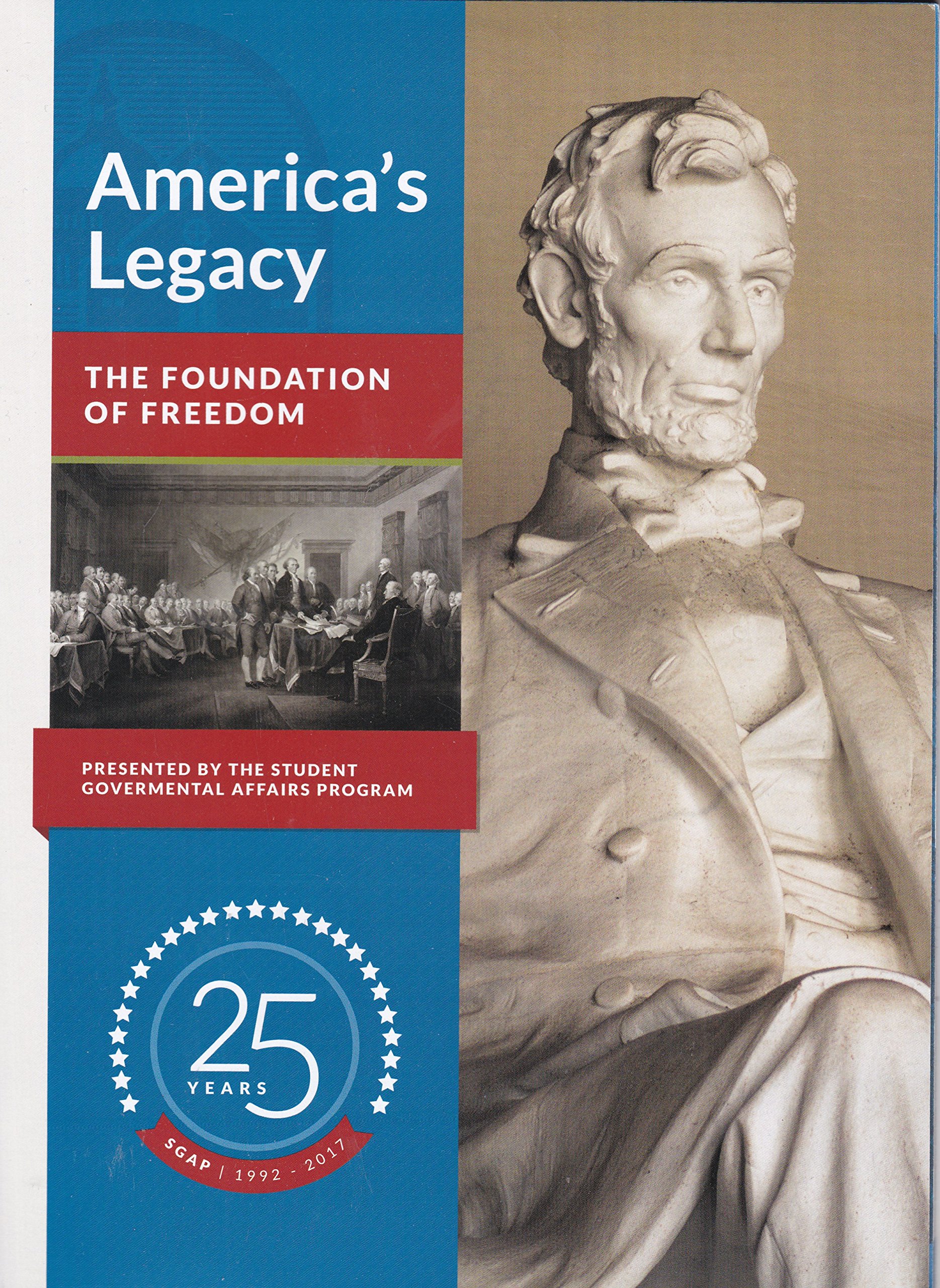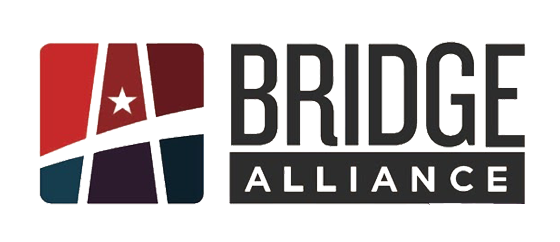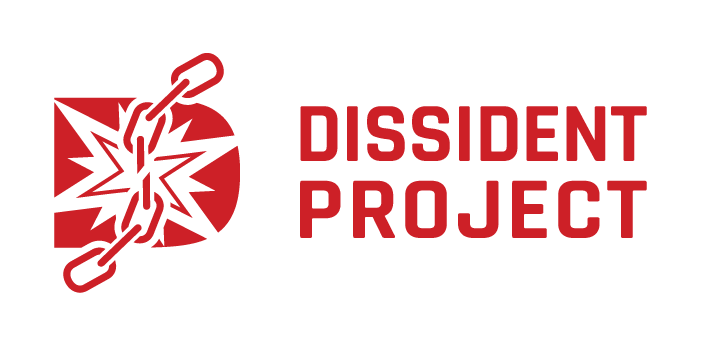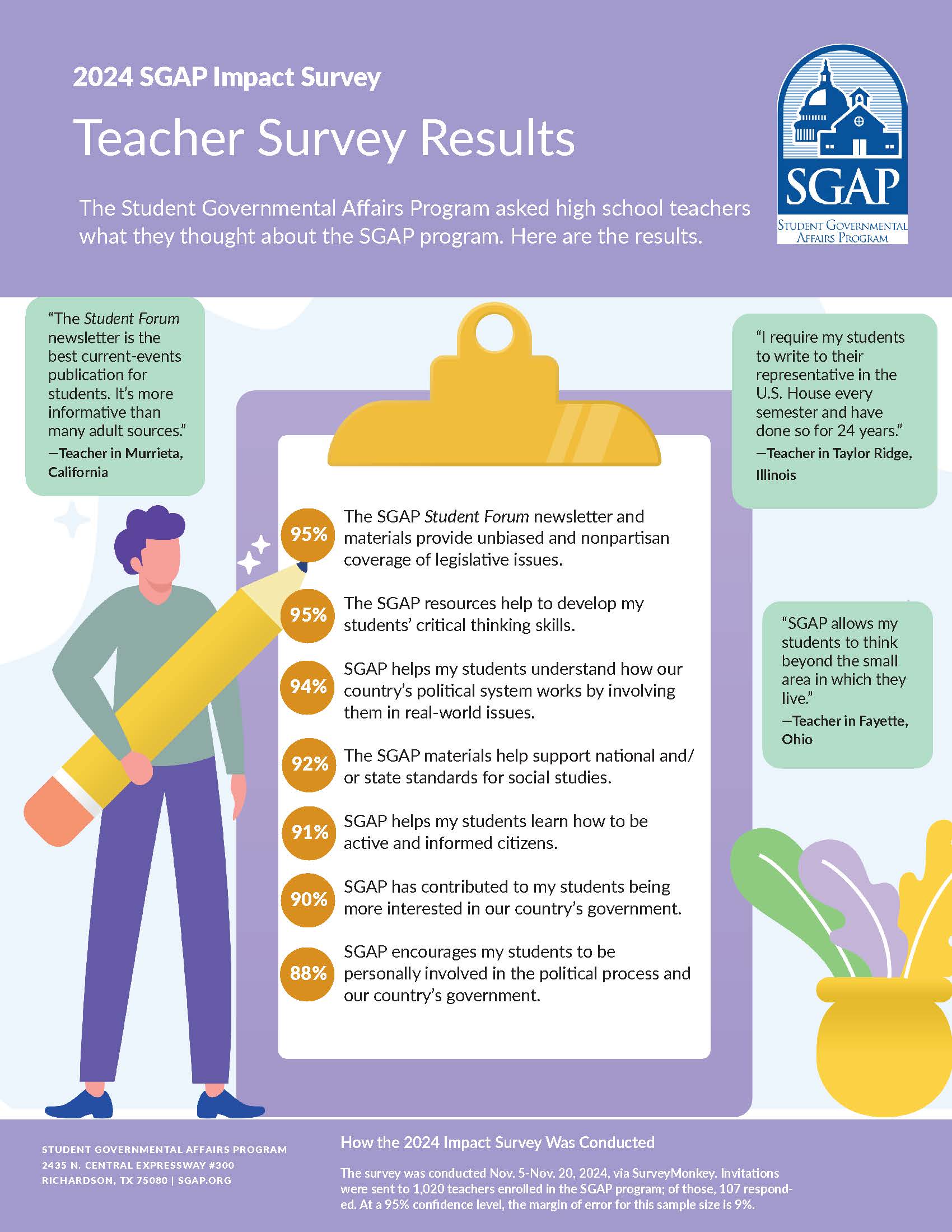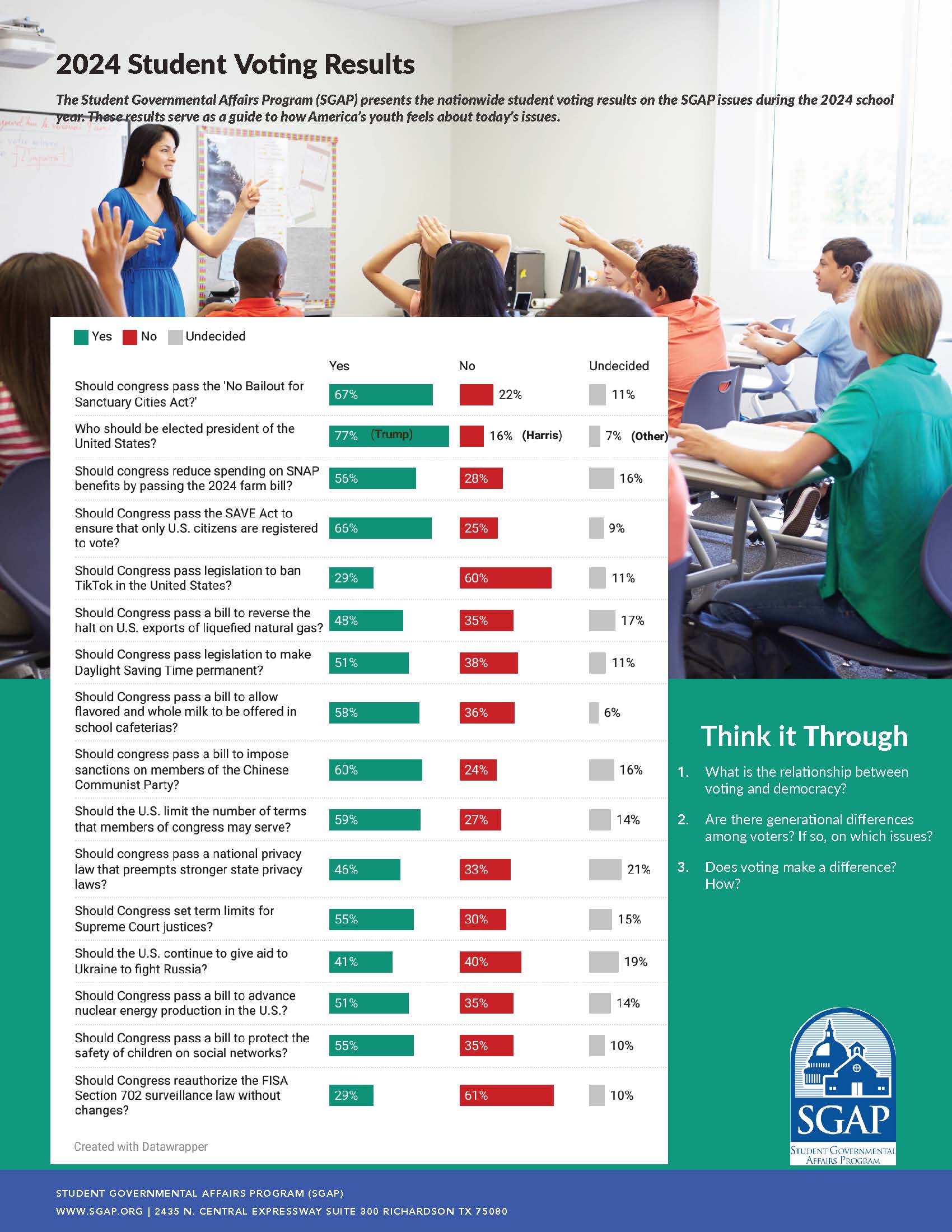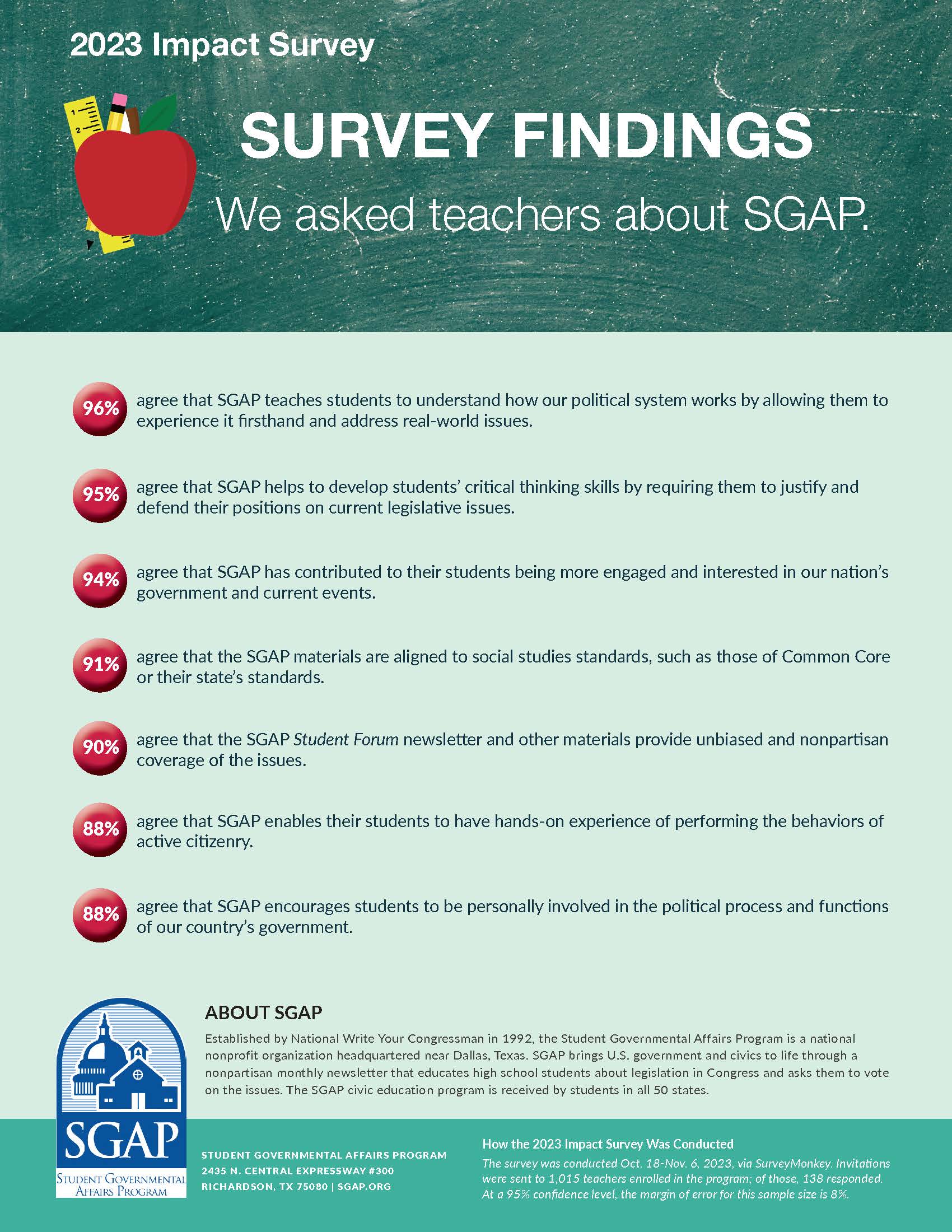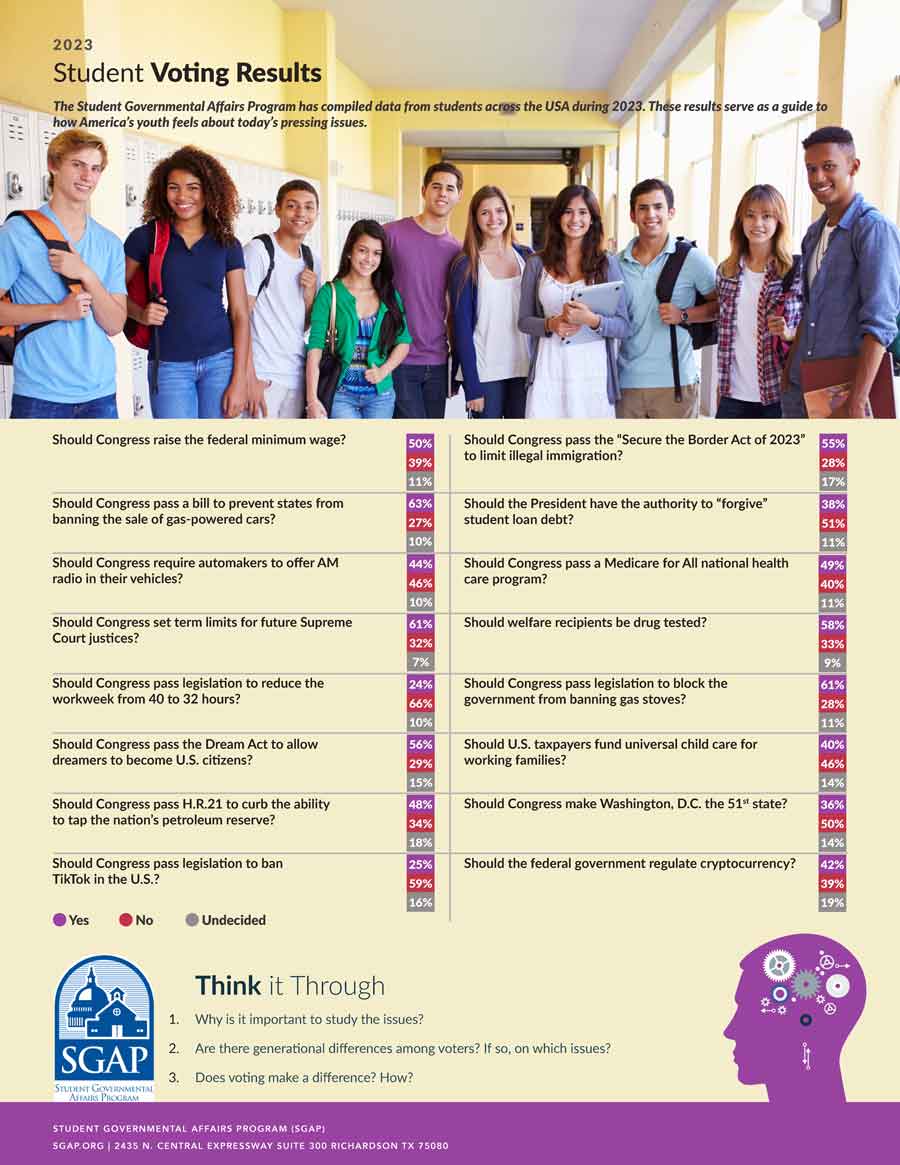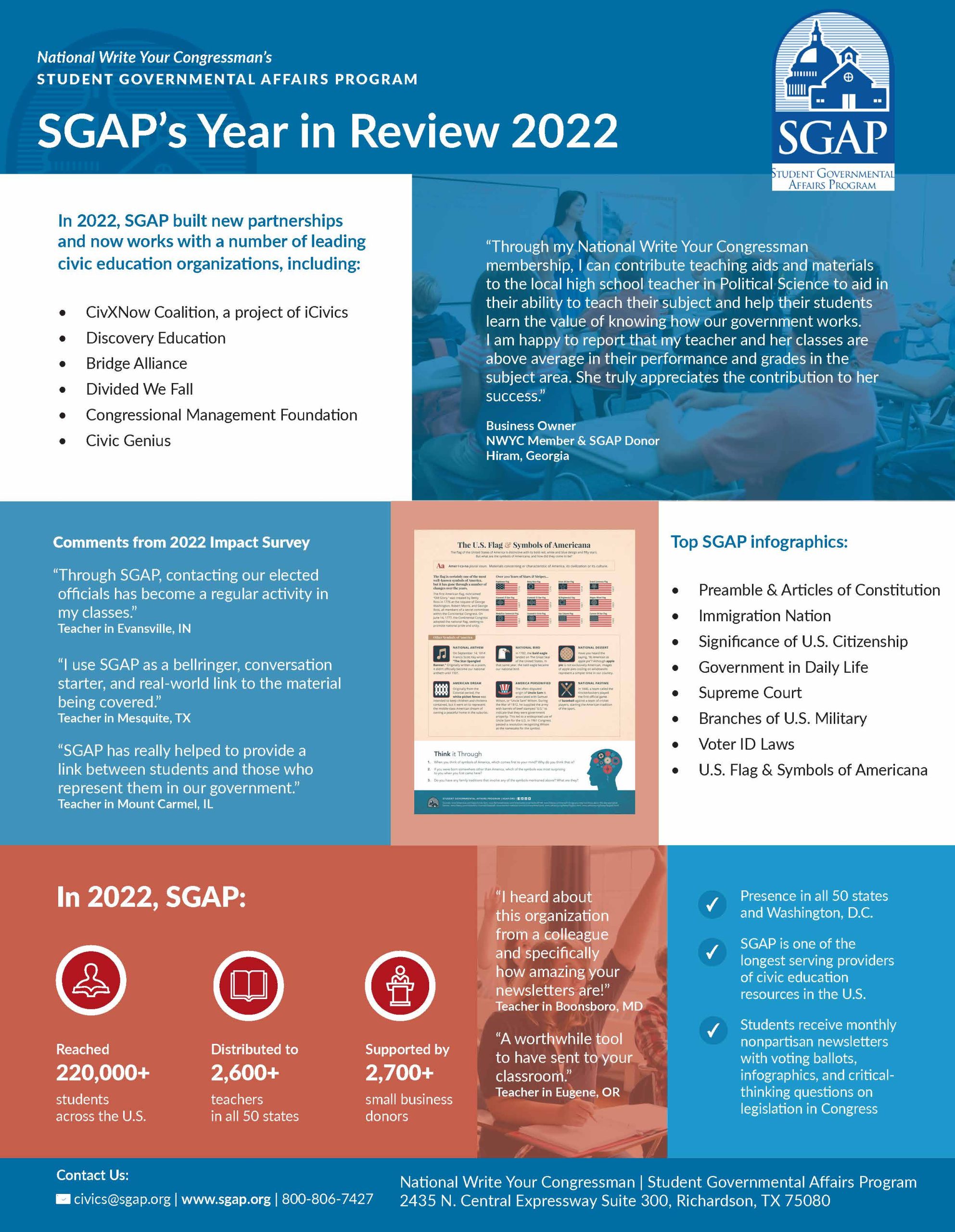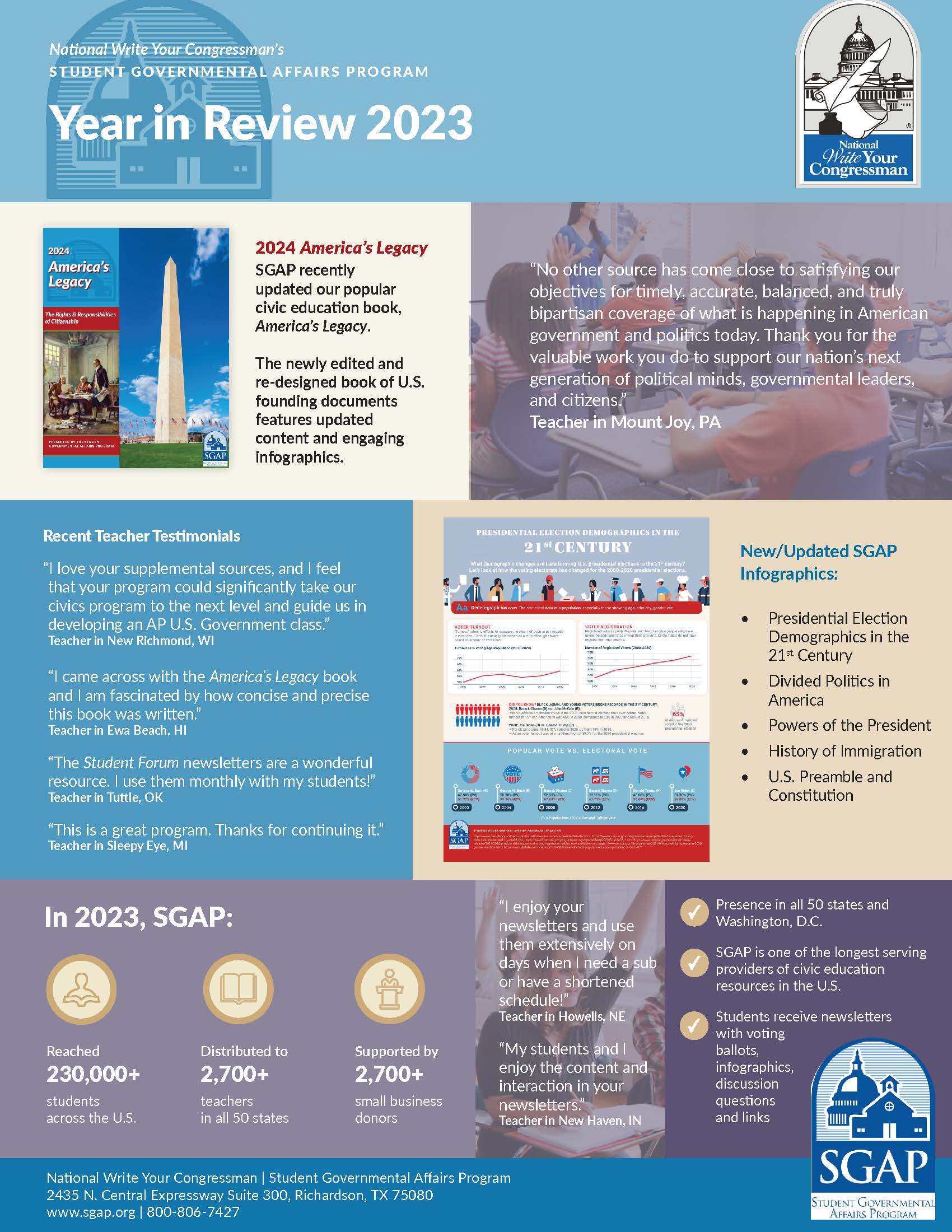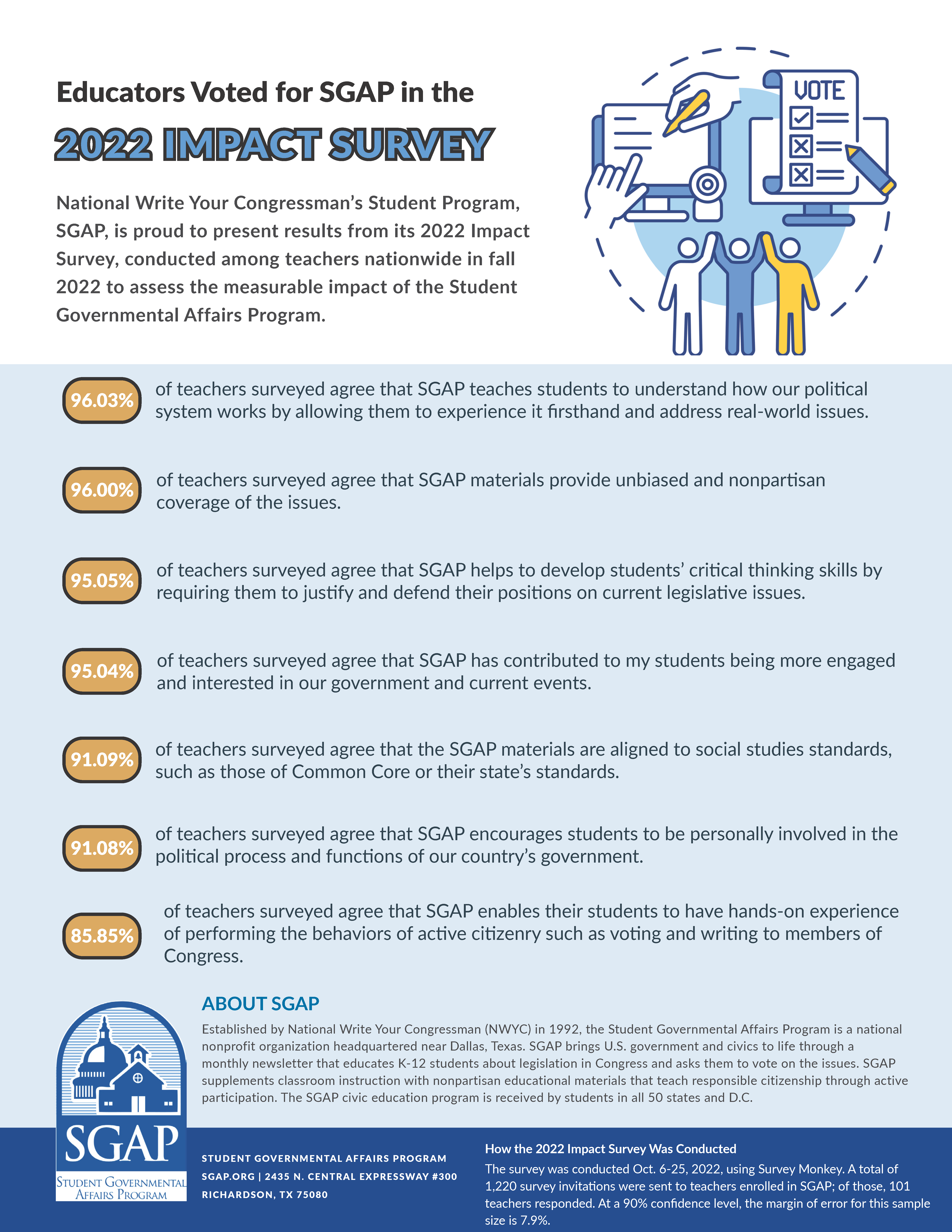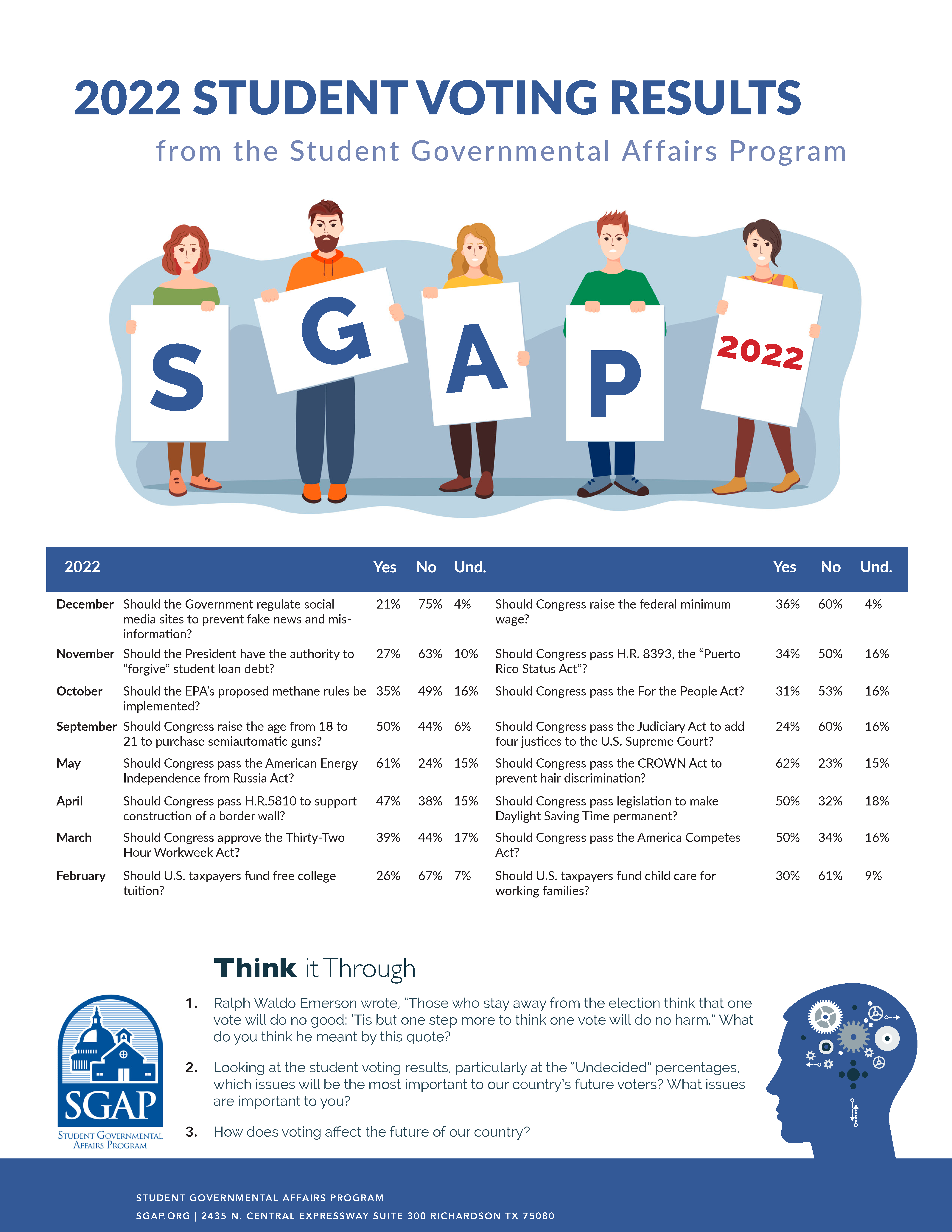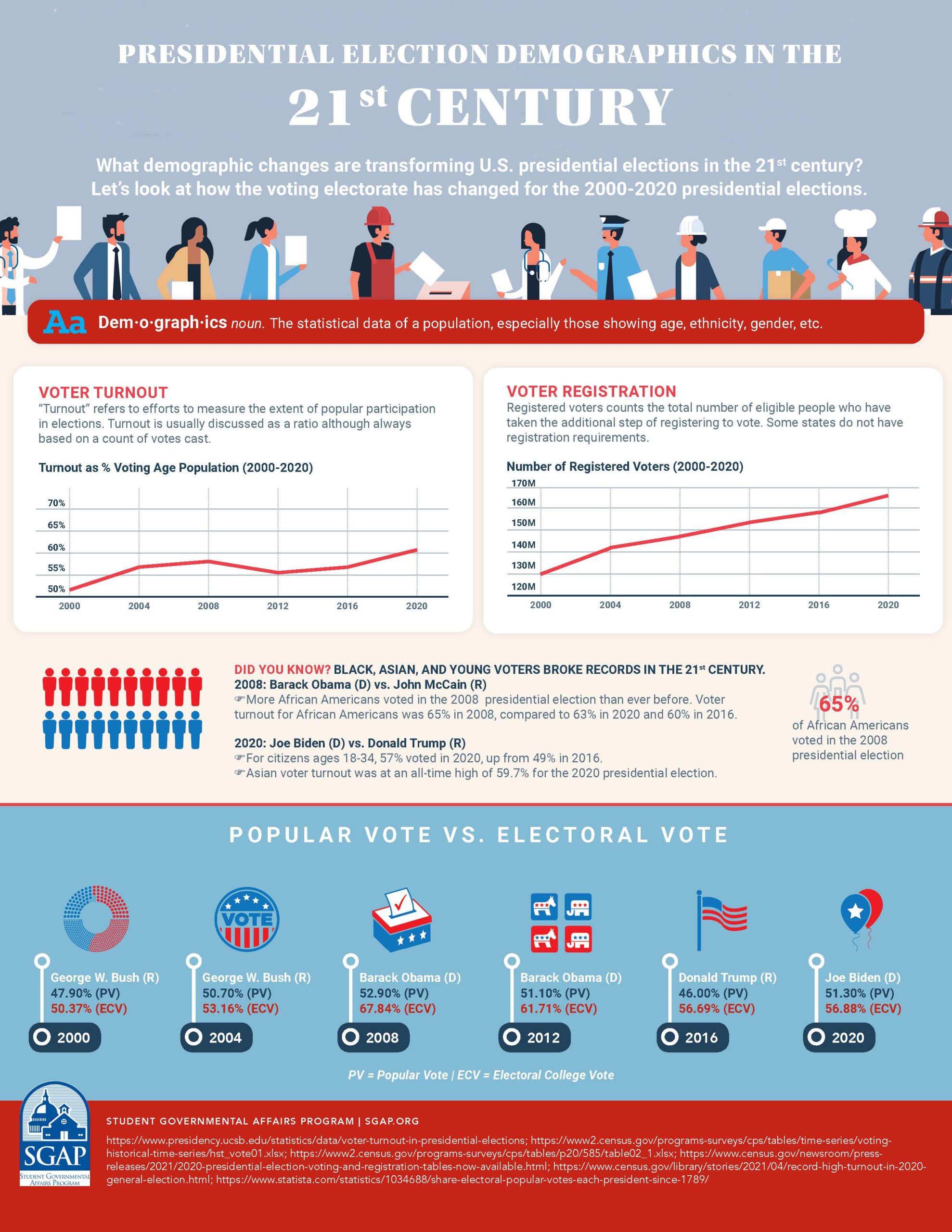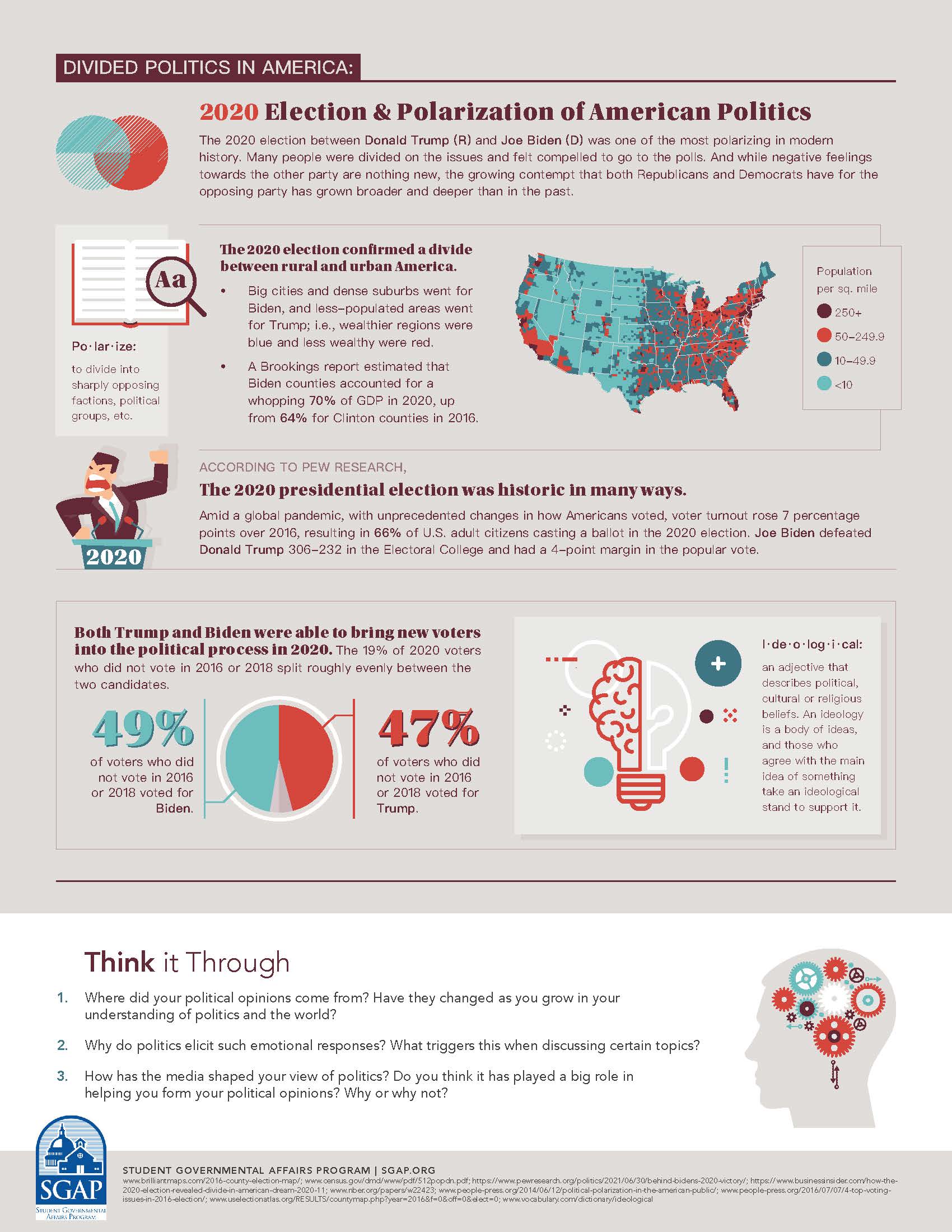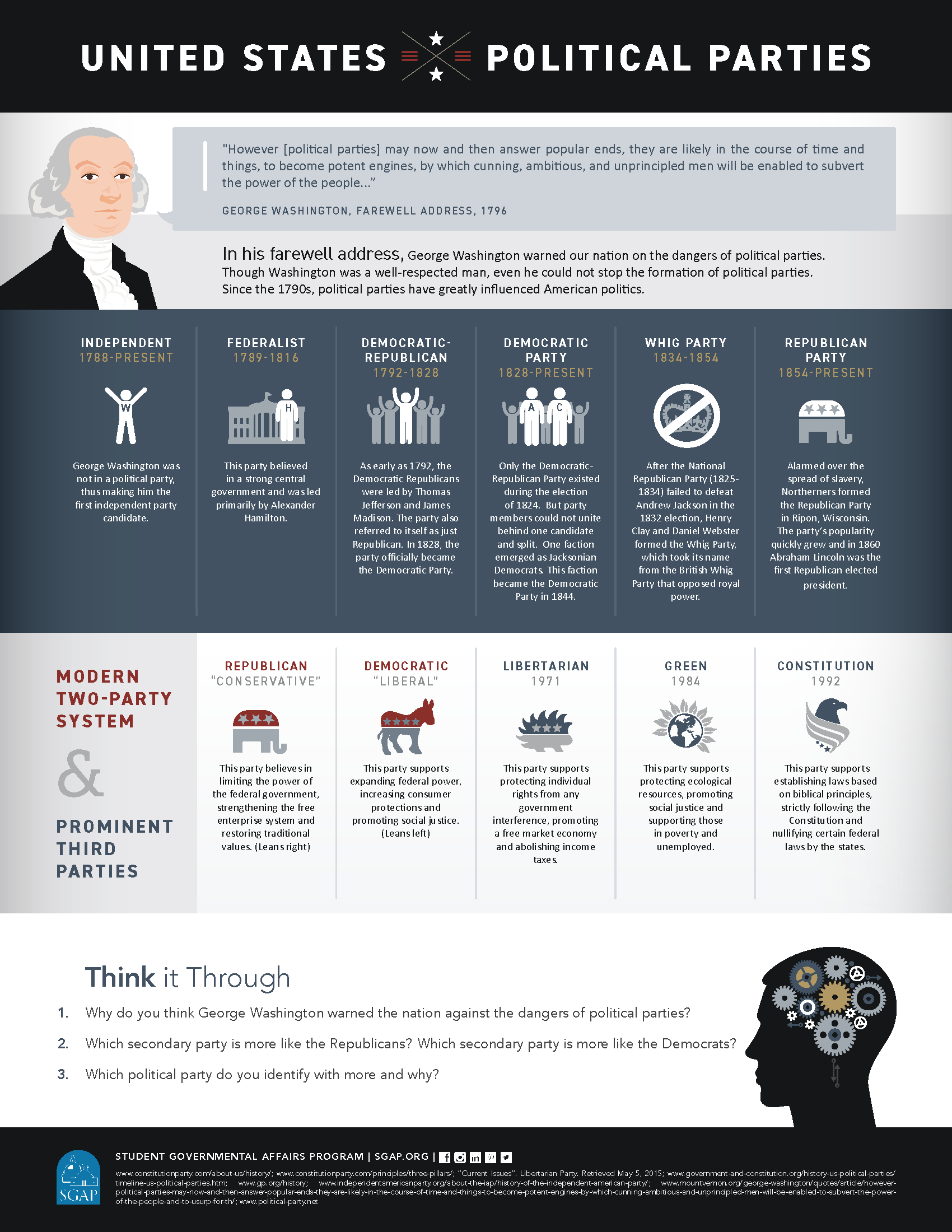Join SGAP
Educators Today
Student Forum
Newsletter
What’s New
From SGAP
Write Your Member of Congress
Through SGAP’s parent company, National Write Your Congressman, you can use the Constituent Opinion Ballot to write your members of congress about key legislation underway. NWYC provides small businesses with nonpartisan information and research on top issues and pending legislation in Congress.
America’s Legacy Book
The Foundation of Freedom
Written for middle and high school students, the new “America’s Legacy” book focuses on the text and history of the United States’ Founding Documents, including the Constitution, Bill of Rights and Declaration of Independence. Additional sections cover the elements of citizenship (how to be a good American citizen); the three branches of government and separation of powers; and excerpts from great American speeches. Interesting “Freedom Facts” and SGAP infographics are included throughout the book.
About Us
Established by National Write Your Congressman in 1992, the Student Governmental Affairs Program is a national nonprofit organization headquartered near Dallas, Texas. SGAP brings U.S. government and civics to life through a monthly newsletter that educates K-12 students about current legislation in Congress, presents pro/con perspectives from both sides of the aisle, and asks them to vote on the issues. SGAP supplements classroom instruction with nonpartisan educational materials that teach responsible citizenship through active participation. SGAP’s civics educational program is received by students in all 50 states and D.C., with about four million students having participated since its inception.
In 2019, SGAP received an Honorable Mention in the National Category for the American Civic Collaboration Awards (“Civvys”). Developed by the Bridge Alliance Education Fund, Big Tent Nation, and the National Conference on Citizenship in 2017, the Civvys Awards are among the most high-profile and visible aspects of the civic renewal movement.
Featured SGAP Infographics
What’s New
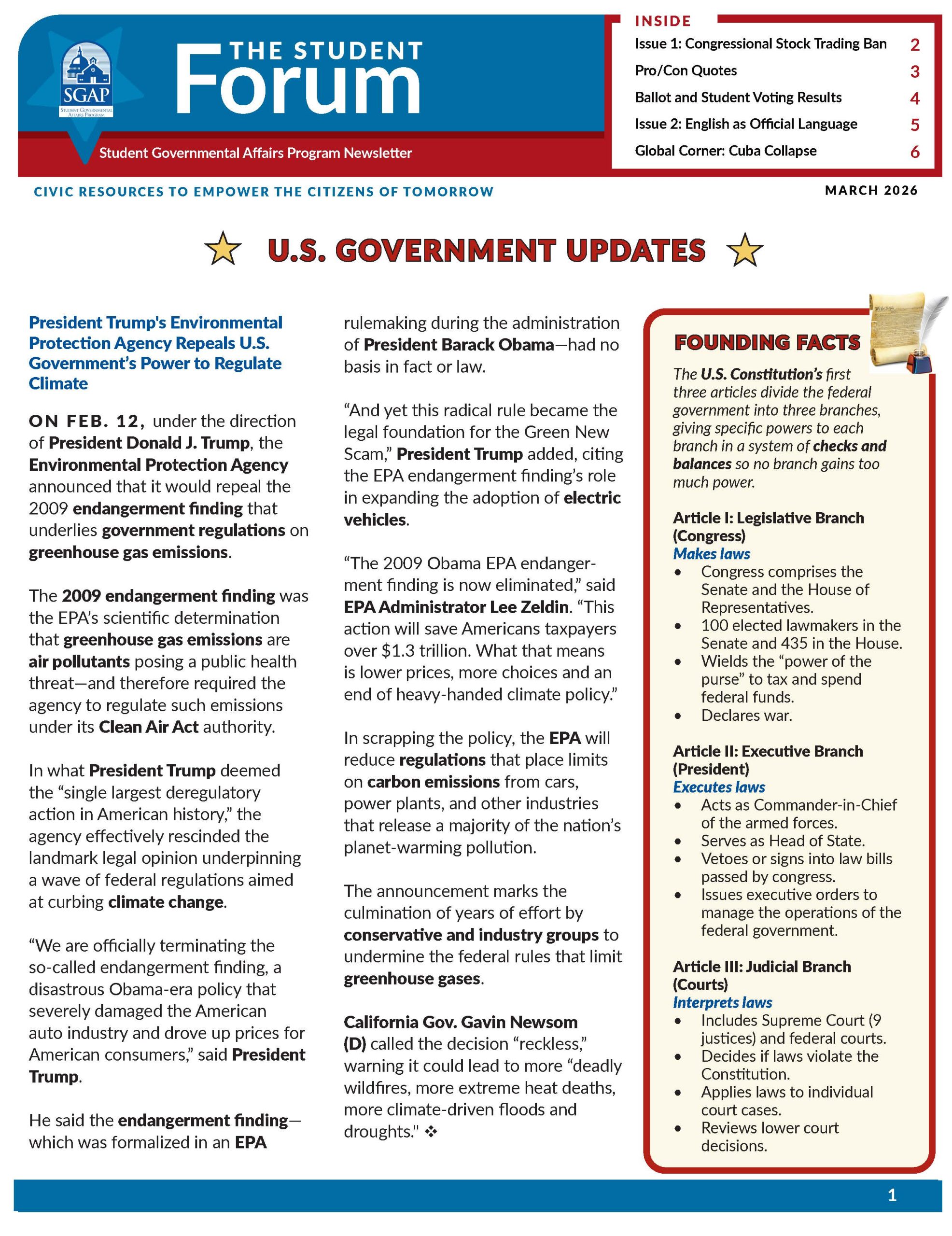
Student Forum Newsletter March 2026
President Trump’s Environmental Protection Agency Repeals U.S. Government’s Power to Regulate Climate
ON FEB. 12, under the direction of President Donald J. Trump, the Environmental Protection Agency
announced that it would repeal the 2009 endangerment finding that underlies government regulations on greenhouse gas emissions.
The 2009 endangerment finding was the EPA’s scientific determination that greenhouse gas emissions are air pollutants posing a public health threat—and therefore required the agency to regulate such emissions under its Clean Air Act authority.

Links and Discussion Questions February 2026 – Teacher Ideas
Issue 2: AI Chatbots
- Should the government implement a total ban on AI companions for minors to prevent emotional manipulation, or does this unfairly restrict access to beneficial tools, such as AI tutors and chatbots designed for friendship, therapy, or emotional connection?
- The GUARD Act requires “commercially reasonable” age verification, often involving government IDs or biometric data. Is the risk of children being harmed by unregulated chatbots significant enough to justify a “surveillance” mandate that requires all users to provide sensitive personal identification to AI companies?
- Should congress pass a single federal law like the GUARD Act to provide consistency for tech companies, or should states be allowed to experiment with different regulatory models?
- What is your experience with using generative AI or AI chatbots as a teen? Do you feel the GUARD Act is needed? Why or why not?
- What are the arguments for and against congress passing the GUARD Act? Which position do you agree with? Why?
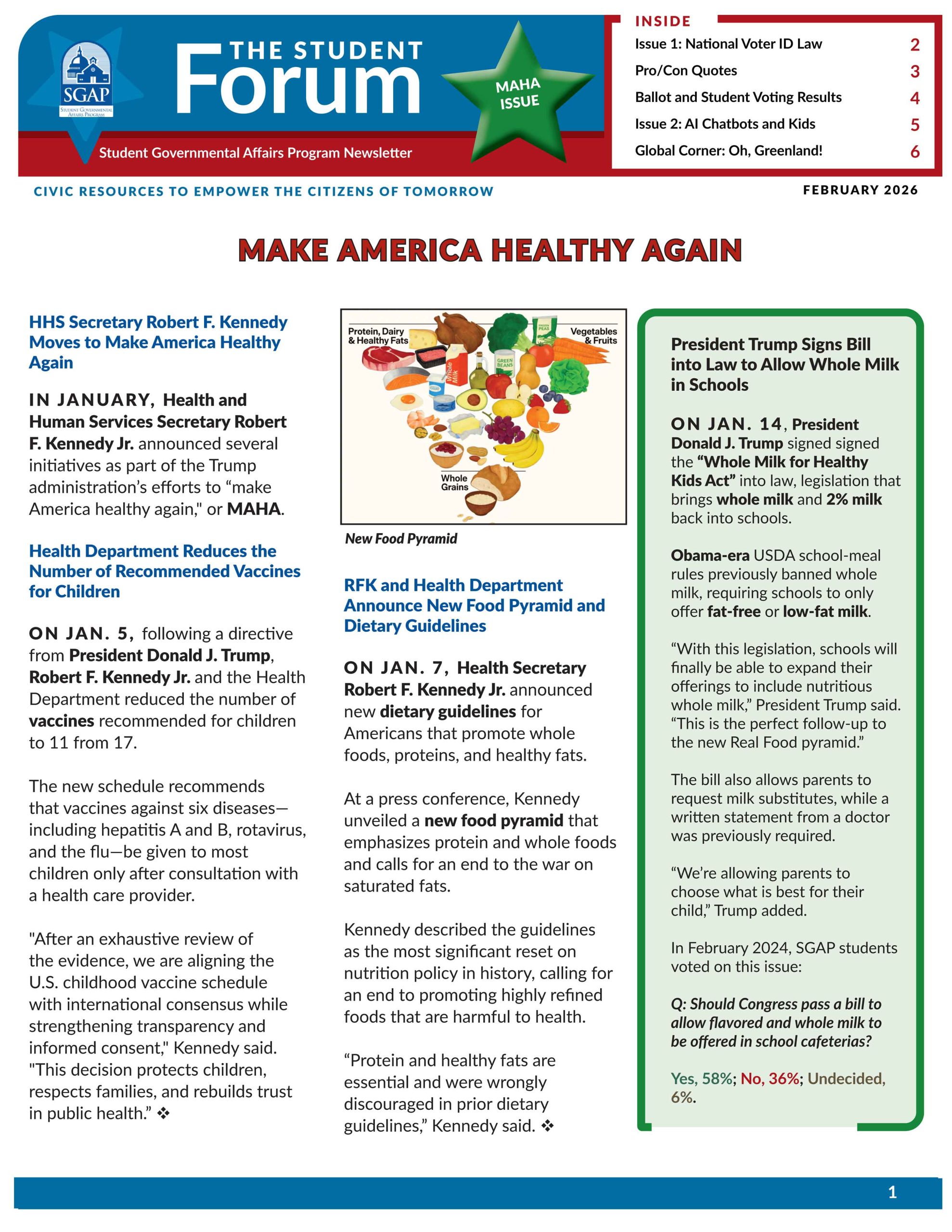
Student Forum Newsletter February 2026
HHS Secretary Robert F. Kennedy Moves to Make America Healthy Again
IN JANUARY, Health and Human Services Secretary Robert F. Kennedy Jr. announced several initiatives as part of the Trump administration’s efforts to “make America healthy again,” or MAHA.
Health Department Reduces the Number of Recommended Vaccines for Children
ON JAN. 5, following a directive from President Donald J. Trump, Robert F. Kennedy Jr. and the Health Department reduced the number of vaccines recommended for children to 11 from 17.

Links and Discussion Questions December 2025 – Teacher Ideas
Issue 2: Concealed Carry Reciprocity
- Should there be a federal law for concealed carry reciprocity, and would it be a valid use of federal authority?
- Should federal law mandate states recognize other states’ concealed carry permits, even those from states with no permit requirement or weaker standards? Why or why not?
- Does a national concealed carry reciprocity law improve or threaten public safety? Why or why not?
- What are the implications of allowing states to set their own varying standards, and what are the arguments for and against it?
- How does the current, complex web of reciprocity agreements affect gun owners who travel between states?
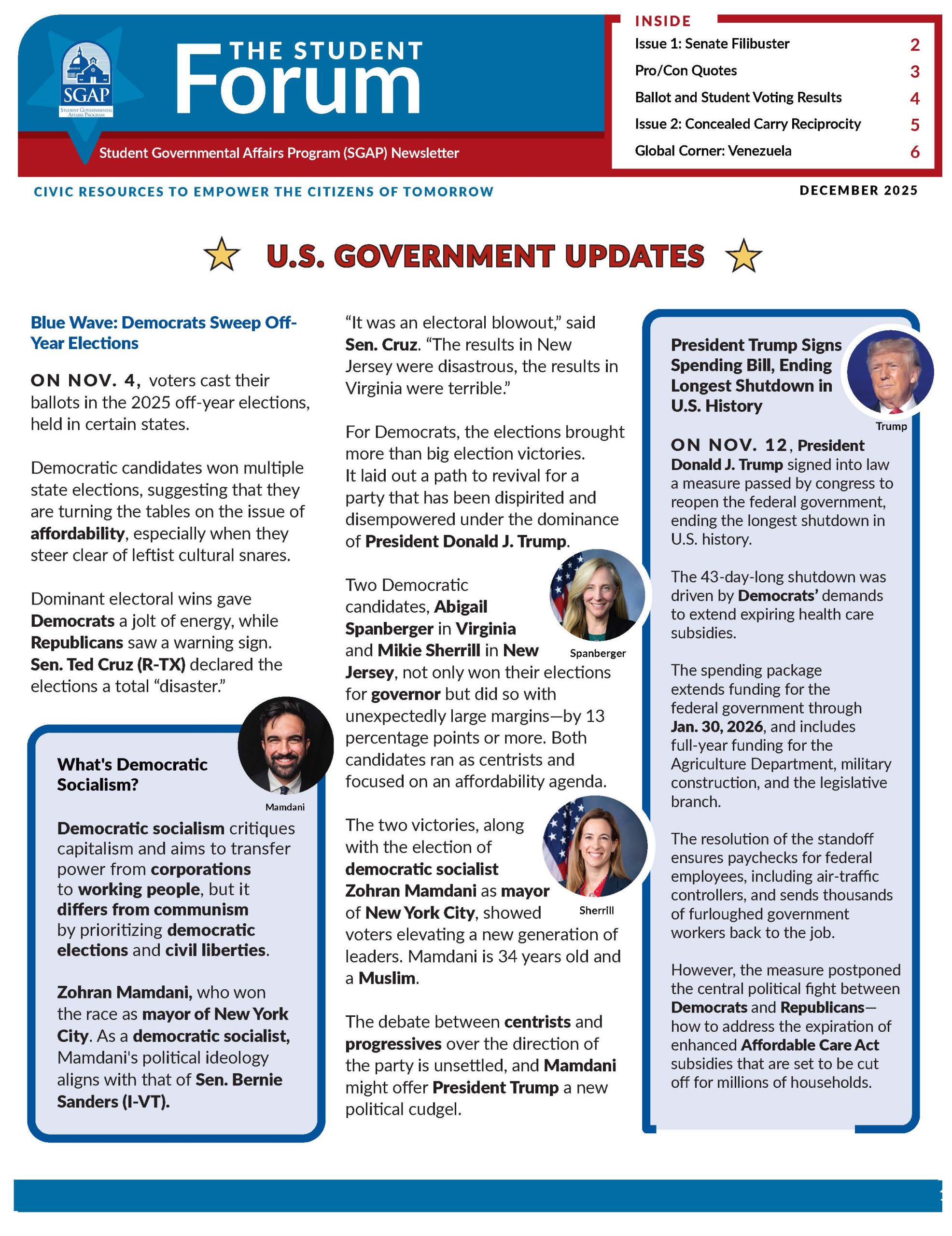
Student Forum Newsletter December 2025
Blue Wave: Democrats Sweep Off-Year Elections
ON NOV. 4, voters cast their ballots in the 2025 off-year elections, held in certain states.
Democratic candidates won multiple state elections, suggesting that they are turning the tables on the issue of affordability, especially when they steer clear of leftist cultural snares.
Dominant electoral wins gave Democrats a jolt of energy, while Republicans saw a warning sign. Sen. Ted Cruz (R-TX) declared the elections a total “disaster.”

Teacher Spotlight – Karina Chapman (Fortuna, CA)
Snapshot Teacher Name: Karina Chapman School Name: Fortuna Middle School School Location: Fortuna, California No. of Years Teaching: 25 (plus two substituting) Subject Currently Teaching: American History (5 sections; 8th grade) Education: M.A., American History...


